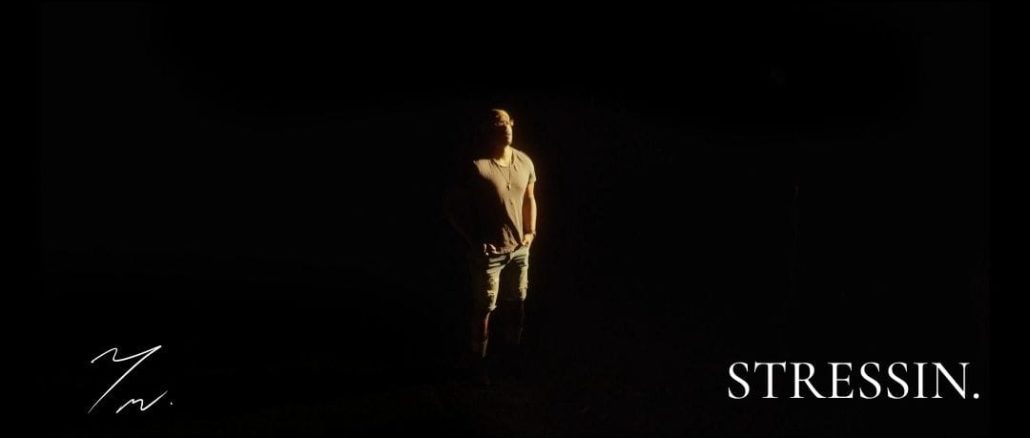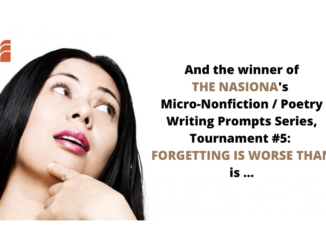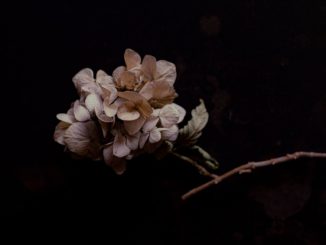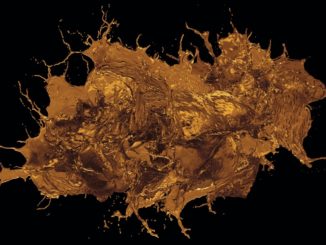
This series spotlights BIPOC musical + spoken word artists from The Nasiona‘s new series.
Tre. Charles is a singer-songwriter who dives into the depths of his soul to try to bring you into his world with an expressive blend of warm and soulful undertones. Growing up along the East Coast – from Upstate New York to Birmingham, AL – Tre. Charles has been exposed to a myriad of different cultures. It is from these experiences that he has cultivated a sound which pays homage to his nomadic upbringing. With hints of avant-garde R&B, modern/indie rock, and southern soul, Charles’ relaxing & elegant music has a lot of people listening. From being featured on regional programs such as QC Life (WBTV) and My Carolinas (WCNC) to headlining Brothers Brewing Coffee festival in Northern VA, to gracing the stages of the international conglomerate of CreativeMornings in multiple states, all these accomplishments are coming before his debut single/music video release (Stressin.). This all is just the beginning to this young artist journey.
This track embodies personal and social struggles that Tre. Charles has experienced throughout his life as a young black man in America. This timely track and its visuals are sure to capture the isolation that many have felt through this pandemic.
INTERVIEW
What does countercurrence mean to you, and what is it like to make music when you are outside those mainstream voices that are usually given a platform?
Countercurrence to me means authenticity. Sometimes, but not always, as artist we tend to be influenced by what is “popular” or “standard” because we feel like it would be accepted on a wider scale and attain more success versus happiness; rather than expressing what we truly want to say or in the way we truly want to say it. I think being a non “traditional” R&B singer is something that does put me on the outside of the mainstream that is accepted at this time; so it does make it hard to get past those initial barriers for most listeners, which makes it tempting to go back to those “popular” or “standard” templates, but overall being authentic has proven to be much more fulfilling as an artist and person.
Would you always have turned to music as an important avenue through which you express your BIPOC identity? Or have you always found ways to do this, which happen to include music?
“It’s the emotion for me”. I have always felt a deep reverence for music and the way it can make me feel; and through this self discovery I’ve found that this is what comes most natural to me when expressing myself. I also enjoy other forms of expression as well though (acting, filmmaking, dance, painting), so this question is more of a toss up.
What are the differences or similarities you perceive in online and physical music communities, especially when our relationship to proximity has been indelibly altered?
I definitely am one for more face-to-face relationships and engagement, just due to the actual energy that you can feel when making those connections. I feel like online has helped and hurt the music community in certain aspects. Like, for instance, online has given us so many more connections that we wouldn’t be able to know or reach especially in a pandemic, but it has also made it harder to maintain those connections and decipher whether or not those connections are as high in quality as the ones we could develop from an in-person encounter.
Do you believe in breaking down the barriers that have long kept BIPOC musicians away from the same opportunities as their white peers, or should BIPOC musicians be looking beyond those traditional guidelines to success?
I feel like BIPOC artist will continue to have an advantage in the content but as of now not in the distribution. We all come from colorful and diverse backgrounds as BIPOC’s and with those backgrounds come interesting, personal, and relatable stories; they just aren’t heard as much due to the gatekeepers. I do believe if we can continue to tell our stories and bring each other up it will naturally magnify our uniqueness and propel us past those barriers while simultaneously creating new opportunities.
If you had to solely choose between walking in the legacy of a musician/musical tradition you admire, or forging your own path and inspiring others yourself, which would it be, and why?
Well, I would love to do both, but for the sake of the question; I think that I would want to inspire the future. That is how we get to new horizons of creativity, by switching it up. To be a legend is to inspire.
Music and oral narrators have always told stories that are as powerful, as moving as personal essays, and we at The Nasiona want to honor these tradition. For the second compilation audio volume of our BIPOC Music + Spoken Word Series, we seek submissions of tracks that align with our vision of centering, elevating, and amplifying Black, Indigenous, and People of Color, shedding light on neglected and intersectional identity experiences, while also celebrating our beauty, intelligence, creativity, and joy.
Whether you record your music or spoken word professionally, or whether you have gone the DIY way throughout; whether you are an emerging indie artist, or have never released a track or album; or whether you have simply felt overlooked by the mainstream musical landscape: we believe in your voice, your story, and your talent; and we want your work!
Tell us about growing up as a third culture kid, about living through trauma, about being misgendered, about slice-of-life instances of resolution. Tell us about your elations, your sorrows, your moments of quiet tenacity, your rallying cries of rage. Send us a track (or two, or three!) that tells a story, whether in words or through instrumentals. If it matters to you, it deserves a platform.
All genres and languages are welcome. If you identify as BIPOC, we want to showcase your work and profile you.
We can’t wait to experience to your work!
Note that we are here to center, elevate, and amplify your work. You keep all the rights to your work.




1 Trackback / Pingback
Comments are closed.